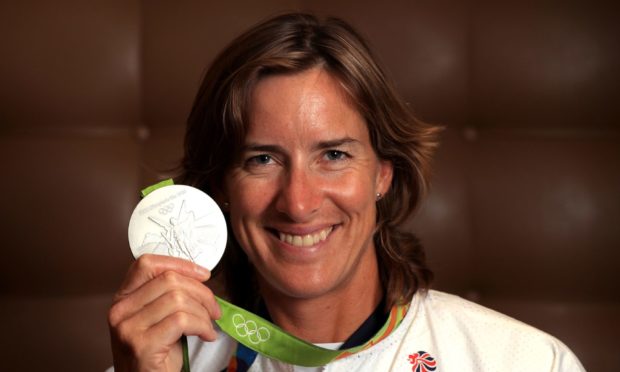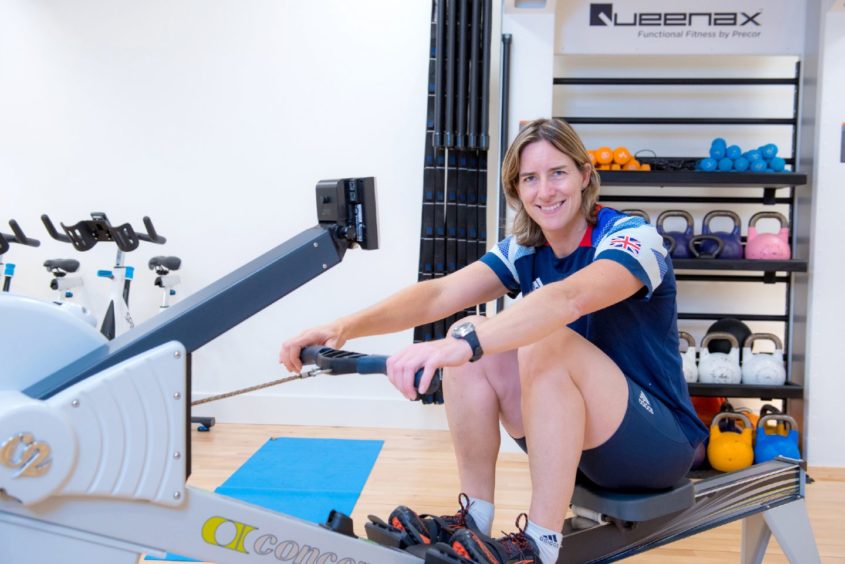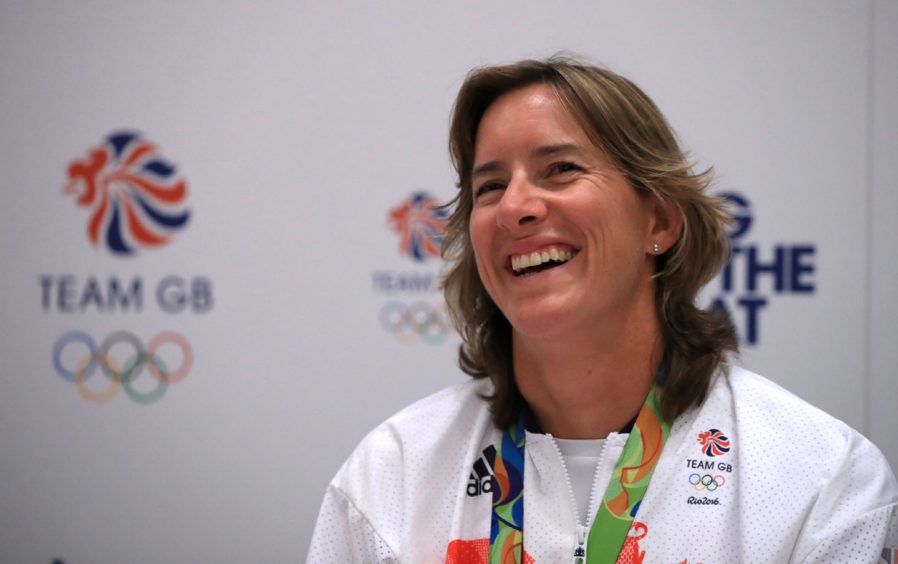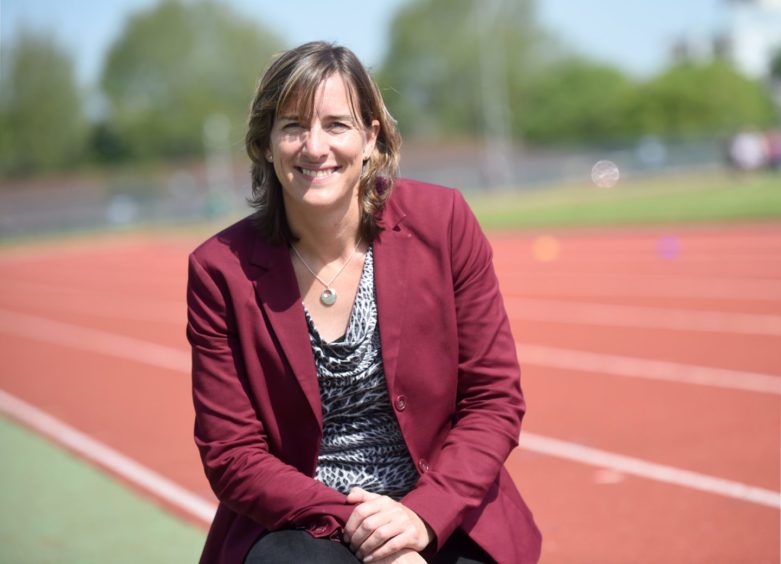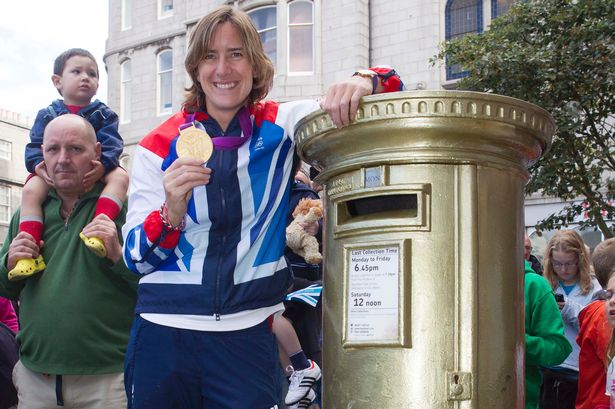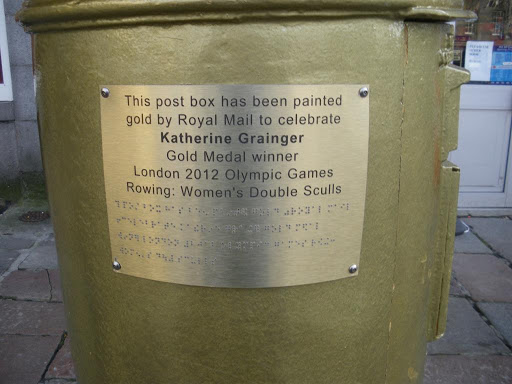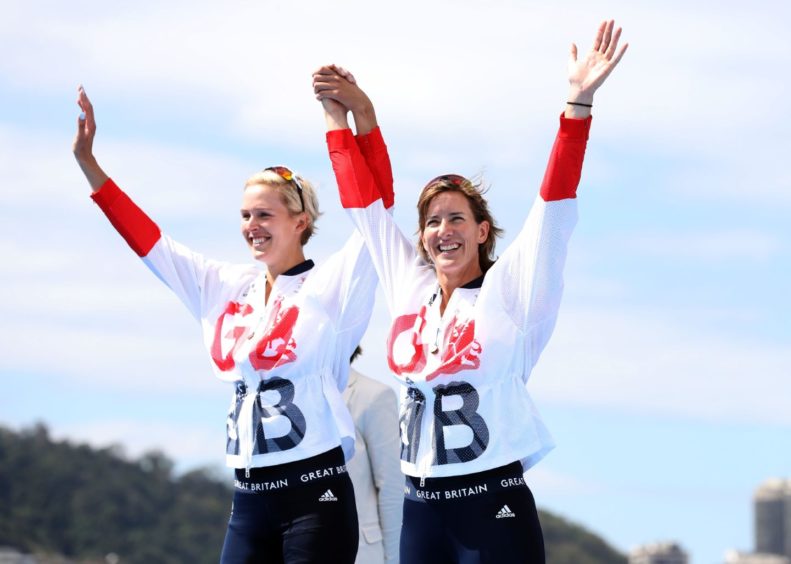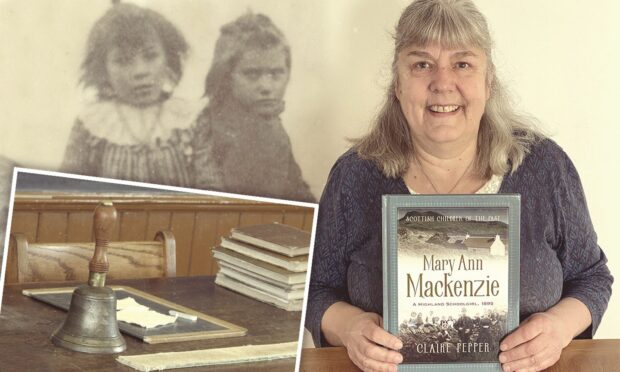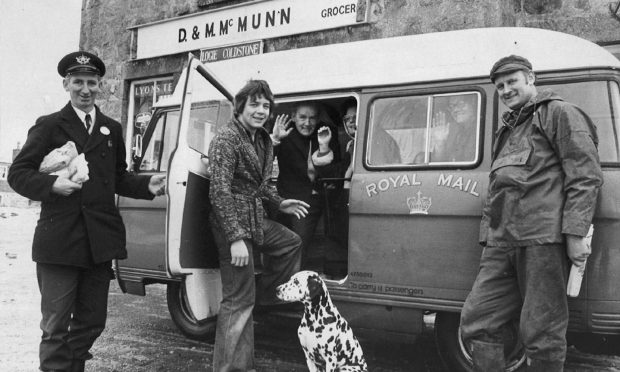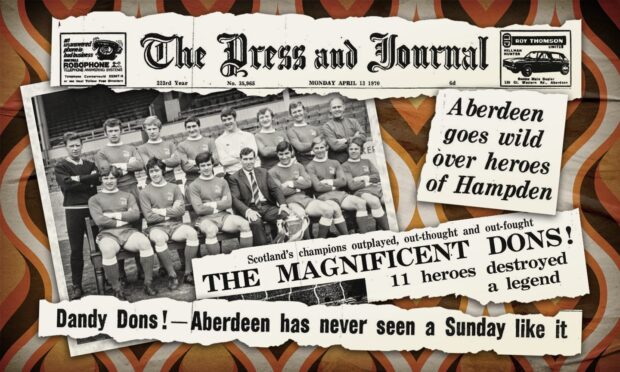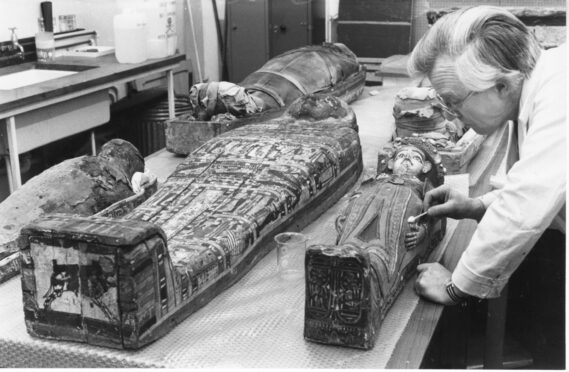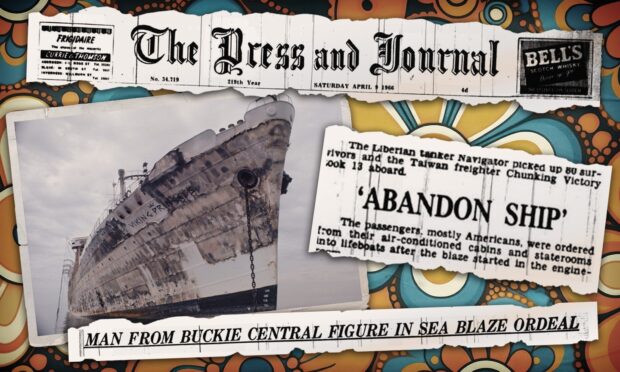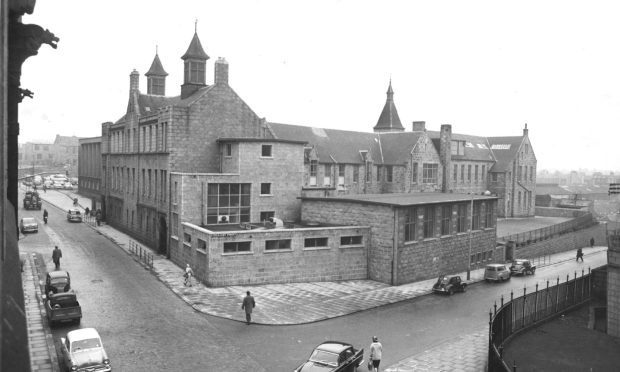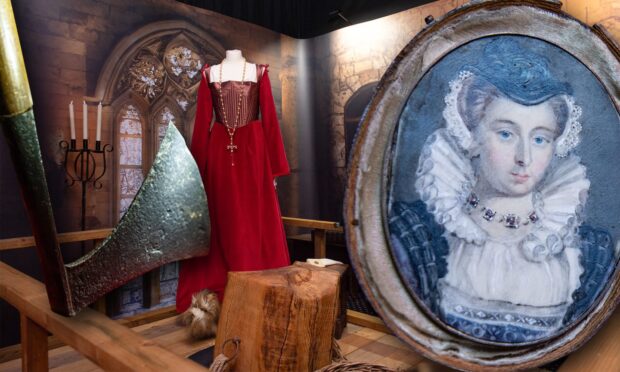It was one of the first occasions when many of us started delving into the minutiae of Olympic rowing.
And while the exploits of Sir Steve Redgrave were the catalyst for a plethora of people’s conversion to the sport when he said to his colleague Matthew Pinsent “Let’s crush some dreams”, prior to making Olympic history in Sydney in 2000, the emergence of another British competitor on that grand Australian odyssey gradually developed into one of the great pursuits of glory in any endeavour.
We’re talking, of course, about Dame Katherine Jane Grainger, the relentlessly single-minded and endlessly tenacious Scottish competitor who tried, tried, tried and tried again to strike gold in her sphere – and finally succeeded in front of her home audience during the London Games at the start of August in 2012.
At this stage, it’s easy to forget the sacrifices which Grainger made and the Stakhanovite effort she displayed during a remarkable career, littered with plaudits and medals.
In Sydney, she was content with a silver – or at least that’s what she told us – given she was still only 24 years of age and had served ample notice of her undoubted talent and technical excellence after relocating to England and benefiting from Lottery funding.
But thereafter, as the seasons passed and the prize remained elusive – in Athens in 2004 and Beijing in 2008 – it seemed she might be destined to become the woman who was forever being pipped at the post, the perennial bridesmaid in her domain.
It wasn’t a prospect which outwardly concerned her at the start of her gruelling Olympic marathon and it has always been a pleasure to talk to her about her early days of rowing in the Dee as a teenager and finding out she was both super smart – with an interest in homicide and forensic medicine – and dedicated to chasing new goals and records.
She was encouraged by her parents, relatives and extended family in Glasgow, Edinburgh and Aberdeen, but there is only so much others can do, once the training regimes have been launched and athletes find themselves on the track, in the pool and in the water at 6am and 7am on dank winter mornings.
In that regard, Grainger was exemplary: the idea of messing about in boats was anathema to her, as she kept pushing her body through the wringer. Nor did she allow herself any distractions once the quadrennial festival loomed into view.
If you ever wondered how much this ambition meant to her – even as she posed for the cameras with her third successive silver medal in China – you only had to probe beneath the surface as Grainger spoke candidly about the race.
By this juncture, she was 32. Hardly ancient, in rowing terms, but old enough to leave some people questioning whether she could carry on for another four years and especially considering her desire to make strides in the academic world.
She knew it wasn’t a matter of life and death. But she also recognised that there is a wafer-thin line in elite sport between being viewed as an also-ran or a colossus.
Grainger admitted that she struggled for perspective after her efforts in Beijing, where she was deprived of the gold in the quadruple sculls by a very small margin.
As she said: “It was a crushing disappointment, like suffering a massive personal loss.
“I had to go through a huge grieving process.”
These were the words of somebody who appreciated how quickly success can slip through your fingers. But it was to her immense credit that she kept on testing herself and forming partnerships with new colleagues – and when she joined forces with Anna Watkins in 2010, it was the beginning of something truly special for both of them.
They surged to accolades at world level in the build-up to the Olympics, and then, when there was a huge burden on their shoulders, when London was ablaze with expectations and flag-waving aficionados, there was no fresh anxiety, no more tristesse for Grainger.
Instead, when the vital moment arrived, they flew out of sight of their nearest rivals Australia with the same mind-blowing intensity which typified her compatriot Sir Chris Hoy’s attitude to dealing with upstart rivals.
Grainger would never disparage opponents in these terms. But she knew this was her defining moment, a pivotal chapter in her career and she was magnificent in stamping her authority over anybody who dared meddle with her dream.
Oar-some stuff. Rower Katherine Grainger – Britain's most decorated female Olympian – has been made a Dame by the Queen at Buckingham Palace pic.twitter.com/INuT6hegoL
— PA Sport (@pasport) March 7, 2017
In the last 100 metres, with the crowd roaring themselves hoarse, she later said there was no way anything could possibly go wrong.
She added: “It was just about staying calm. We had time to enjoy it, which is more than you can ever dream of at the start of your career.”
I’ve never forgotten the rapturous expression on her face as she realised the gold medal had finally been attained after more than a decade of being tantalisingly out of reach.
And her palette of emotions – exhilaration, exhaustion, elation – as she waited to receive her prize was priceless and encompassed the sheer joy which surrounded these Games.
There was a hug between her and Redgrave, which was a mutual acknowledgement of how much these two individuals had poured into their pursuit of glory and they didn’t need to share many words. They had been there, done it, gained their Holy Grail and nobody could ever take that away from them.
She said later: “It was everything that you hope it could be. On the podium, we both knew how special it was.
“It’s the fulfilment of a lot of blood, sweat and tears but it doesn’t all sink in. That may take time. Any Olympic medal is a phenomenal achievement but having had three in the past I wanted a gold one to complete the collection.”
There was one key question which hung in the air and which had to be asked.
Would she, so we all wondered, have remained unfulfilled, despite her lengthy list of other accomplishments, if she had not won gold?
“In a word ‘yes'”, she replied.
Grainger and Watkins had broken the Olympic record even as they qualified for the double sculls final, but she had already shattered a multitude of these times.
She had also won the Rowing World Cup in the quadruple sculls in 2005, 2006, 2007 and 2010 and the double sculls in 2010, 2011 and 2012.
Yet the Scot was fully aware that none of these honours carried the same weight as the little gold circle which she clasped to her bosom on that magical August day.
She subsequently secured a silver medal at the Rio Olympics in 2016 with Victoria Thornley, after taking a two-year break from the sport. And, once again, she was courteous and articulate in the aftermath as she moved on to other challenges.
But her real momentous achievement happened in London and was followed by her being part of the post-Olympic celebrations in Glasgow and in Aberdeen.
I was at both these occasions and the notion of whether you like, love or are indifferent to sport is irrelevant when you are in the midst of such a happy throng.
As a beetle-browed analyst of life’s good and bad aspects – who wrote a thesis about serial killers – Grainger has always been a breath of fresh air.
And this modern-day Britannia summed up her conquest with trademark precision.
She said: No one ever sets out on a sports career planning to have that effect. It’s very humbling. Through the last three winters, Anna, Paul Thompson, our coach, and I have sat in miserable weather, raining or snowing, and, over a coffee, discussed what we wanted to achieve in London.
“It was our personal dream. But when we had finally achieved it, we realised that many people shared our dream.”
Eight years later, we can still savour the apotheosis of her crowning career.
